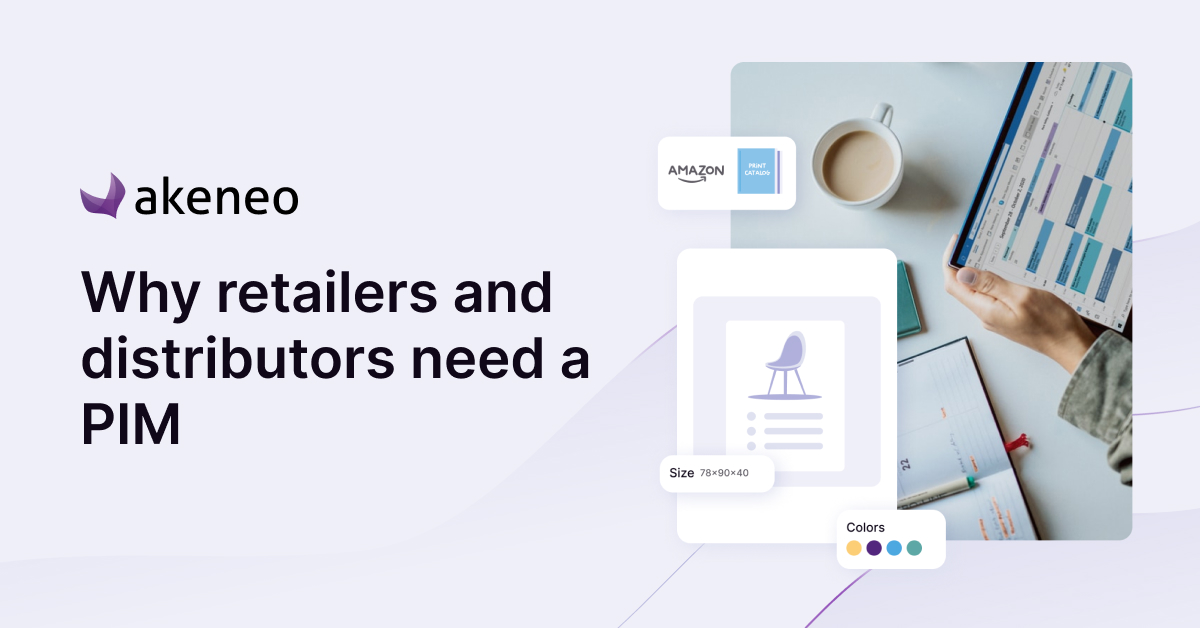A company or individual that sells products or services in brick-and-mortar stores and/or on the Internet, to consumers for personal use, rather than other businesses. For example, the large multinational retail corporation, Walmart. It operates as a big-box retailer that sells a wide range of products (varying from groceries to electronics) to consumers through both physical stores and its eCommerce platform.
Retailers focus on selling products directly to the end customer, which pushes them to prioritize their consumers having a positive experience. As they’re customer-centric, they’re able to provide services such as customer support, return policies, and in-store experiences aimed at enhancing satisfaction and loyalty. Retailers also allow customers to benefit from a flexible hybrid shopping experience. As they can operate through physical stores and eCommerce platforms, retailers give their consumers the choice of buying online or doing in-person shopping.
Retailers often struggle with inconsistent product information across multiple channels, leading to customer confusion, incorrect orders, and a poor shopping experience. PIM solves this issue by centralizing and standardizing product information across all channels, ensuring that all product data is consistent and accurate across all touchpoints.


The retail industry is evolving fast, and 2025 is set to bring exciting changes. Whether it’s the revival of in-store shopping, the rise of social commerce, or AI-driven personalization, retailers are pulling out all the stops to create memorable shopping experiences. Discover the top trends...
Learn more
This holiday season, shoppers are blending online and in-store experiences, tightening their budgets, and prioritizing eco-friendly purchases more than ever before. From omnichannel optimization to sustainability-driven purchases, discover key insights that will help you maximize holiday sales and...
Learn more